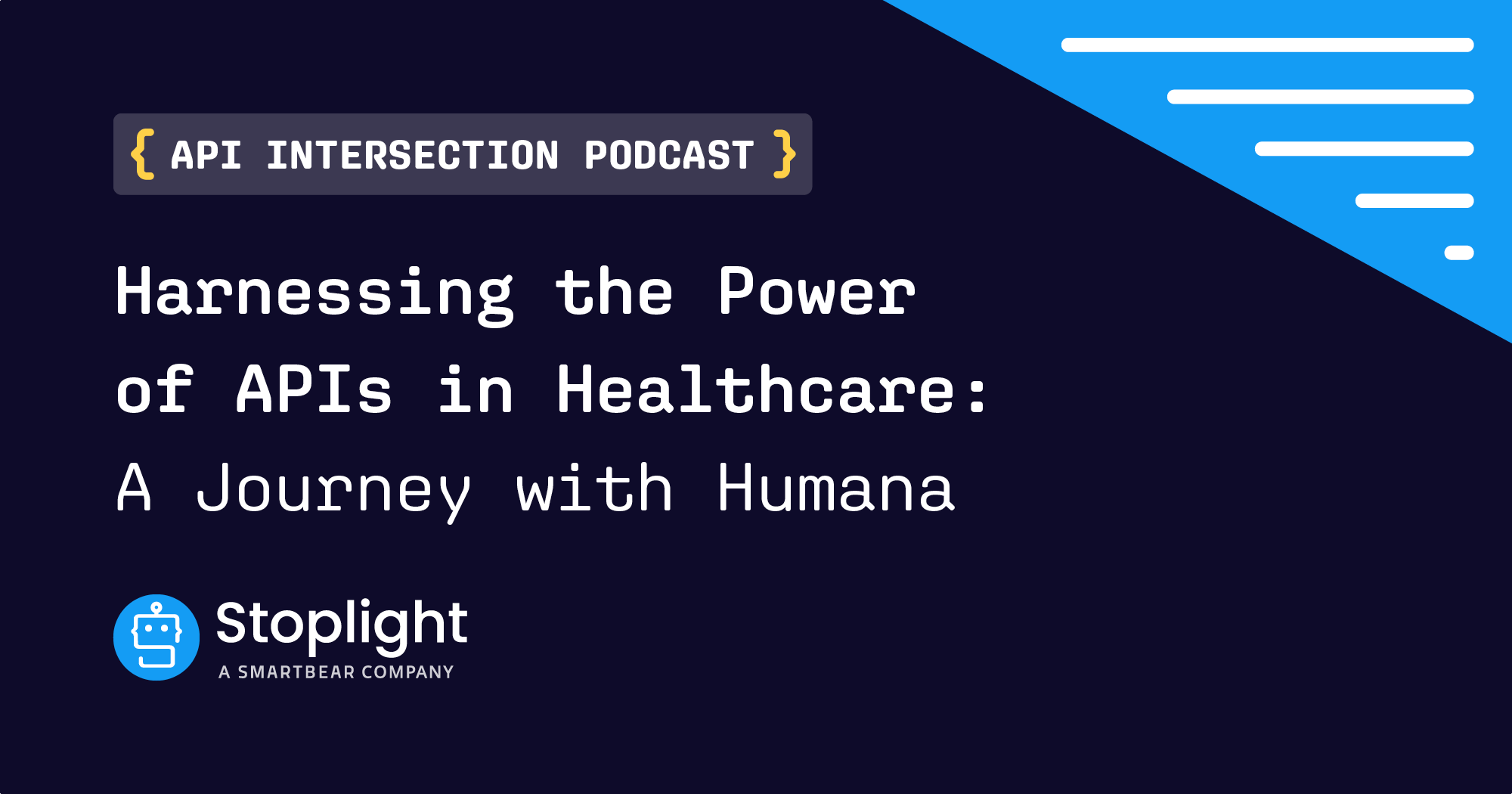In a recent episode of our API Intersection podcast, Simon Alen, from Solita, joins us to shed light on the realm of API consulting. Simon’s insights, drawn from his extensive experience, offer valuable takeaways on API design, governance, identity, and more.
Simon Alen’s Role at Solita
Simon Alen hails from Belgium and is part of the dynamic team at Solita, a prominent consulting company. As an API practitioner, he’s had experience with both API consumption and provision. His journey of learning from peers, projects, and clients has provided him with a nuanced perspective on what makes a good API.
At Solita, Simon plays a vital role in maintaining the API competence community. His work revolves around API strategy and implementation, which forms the core of their consulting services.
API Consulting in a Changing Landscape
Simon reflects on how the API landscape has evolved over the past five years. While certain trends have come and gone, the fundamental principles of API design and strategy remain consistent. Simon attributes his quick ascent in the API world to his great mentors at Solita.
The API landscape today offers opportunities for all companies to develop API strategies that align with their goals. Whether it’s a megacorporation or a small business, the principles of effective API design and strategy apply. In essence, it’s about building the right API, not more APIs. Simon emphasizes the number of APIs a company has doesn’t necessarily reflect its API maturity.
Shifting to an API-First Mindset
The shift towards API strategy is a transition from a project mindset to a product mindset. Instead of merely focusing on building an API, it’s crucial to question why the API is being built and whether it’s the right one to develop. This shift requires organizations to rethink their approach and understand the value they aim to provide to their consumers. The API should serve as a tool to enrich consumer experiences, regardless of the organization’s size.
Empowering Product Managers
Simon underlines the importance of product managers in API development. They play a pivotal role in shaping the API’s functional story and ensuring it aligns with the broader organizational goals. Effective communication and collaboration between product managers and API practitioners are essential to build a successful API product. This collaboration fosters a shared understanding of the API’s purpose and the value it brings to consumers.
Building a Community of Practice
Simon discusses the need to build a community of practice within an organization to foster knowledge sharing and collaboration among developers, analysts, and product owners. This community provides a platform for team members to ask questions, share experiences, and celebrate their wins. It’s a space for developers to seek help when needed and learn from their peers.
For Simon, building this community is about more than just creating a forum for technical discussions. It’s about promoting a culture of collaboration and continuous learning. By sharing successes and challenges, teams can collectively improve and grow.
Community Building for API Consumers
Community building extends to API consumers as well. For external-facing APIs, it’s essential to empower consumers with the knowledge and tools to interact with the API effectively. This involves teaching them how to navigate and use the API, ensuring a seamless experience. Building discussions and forums for consumers to share their experiences and seek guidance can help in this regard.
Measuring Success in API Strategy
Success in API strategy isn’t solely about technical metrics like response times and error rates. It’s about ensuring API consumers and developers have a smooth experience. Measuring success includes gathering feedback from developers and product owners about their experiences with the API. Reducing the cognitive load on developers, making APIs easy to discover, and improving overall user experience are key success criteria.
In the context of internal APIs, success is also measured by the onboarding process. How quickly can new product teams or developers familiarize themselves with the API and start contributing to the organization’s goals? Success metrics should address not only technical performance but also the ease of working with the API.
Initiating Change
When beginning an API consulting engagement, Simon and his team start by conducting interviews to gain a comprehensive understanding of the client’s needs. They aim to identify the client’s goals, audience, and requirements. This initial phase sets the foundation for designing a roadmap that aligns with the client’s objectives.
The process includes mapping out the client’s API lifecycle, from ideation to production. Short-term and long-term goals are established, and the team works collaboratively with the client to achieve them.
Simon Alen’s journey in API consulting offers a unique perspective on the evolution of APIs and the importance of strategy, design, and collaboration. As organizations increasingly recognize the value of APIs, they realize the need for effective API consulting.
Listen to the full episode here.

